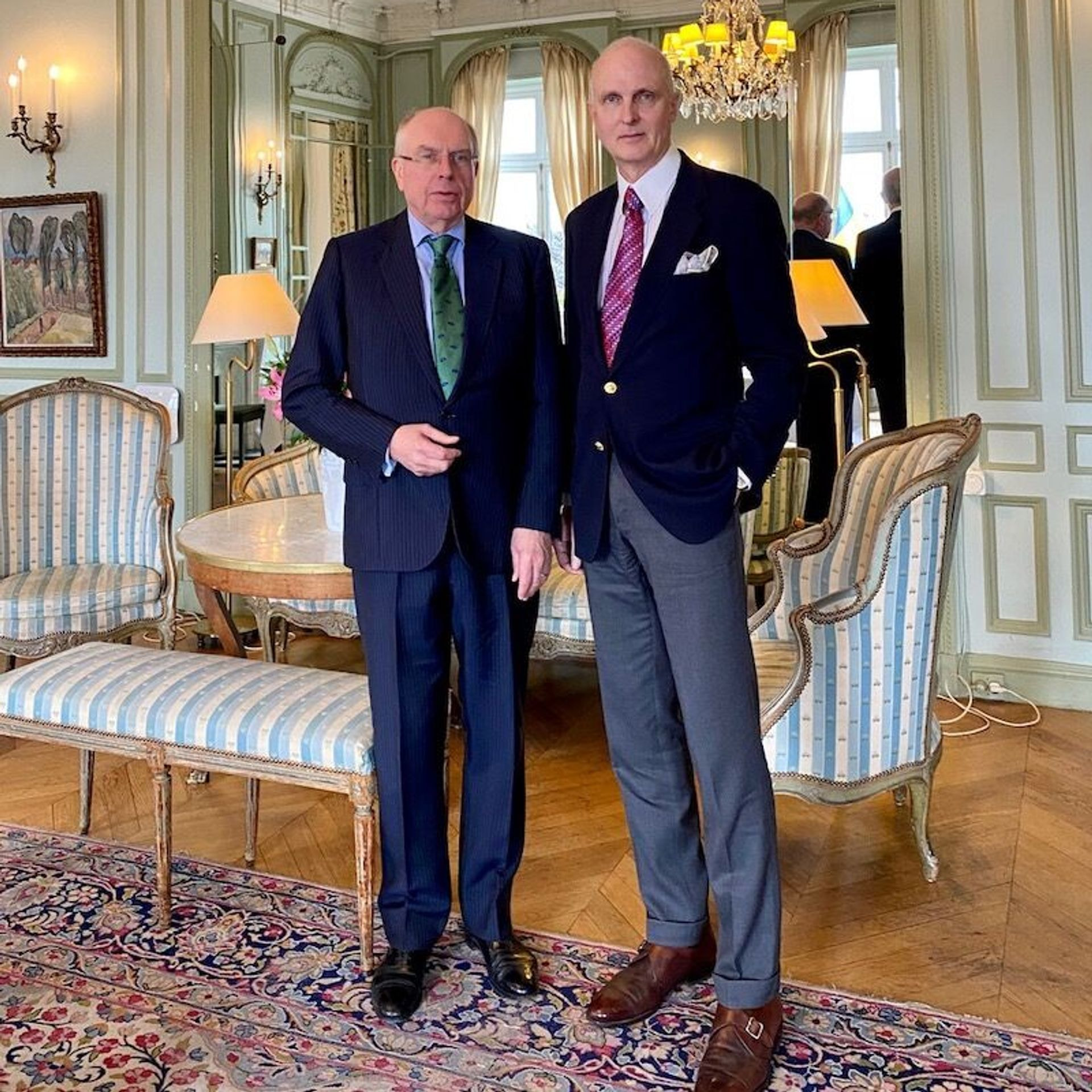About Byron Tully (right)
Grandson of a newspaper publisher and son of an oil industry executive, Byron Tully is an author who also writes for the entertainment industry. His nonfiction debut, "The Old Money Book," was published in April of 2013 to excellent reviews and enjoys consistently strong sales worldwide. His other works include "The Old Money Guide To Marriage", "Old Money, New Woman: How To Manage Your Money and Your Life", and "Old Money Style - The Gentleman's Edition".
Byron regularly contributes to its blog, www.theoldmoneybook.com, which has been visited by over 1 million readers since 2014.
In February of 2020, "Old Money Style - The Gentleman's Edition" was published by Acorn Street Press. This fourth book in the Old Money series reveals the fundamentals of dressing well in a classic and timeless style. In November of 2020, Byron published a 2nd Edition of "The Old Money Book", which expands on his original classic. This 2nd Edition includes vital information and insights for readers as they navigate a very different, post-pandemic world.
Byron speaks frequently about the culture and values of Old Money. He has been interviewed by KABC New York's Financial Quarterback Show, The Huffington Post, and The Simple Dollar, among others.
He lives in Paris and is happily married to an Old Money Gal from Boston.



